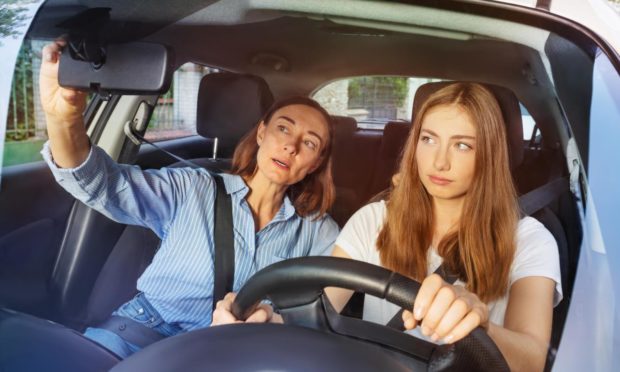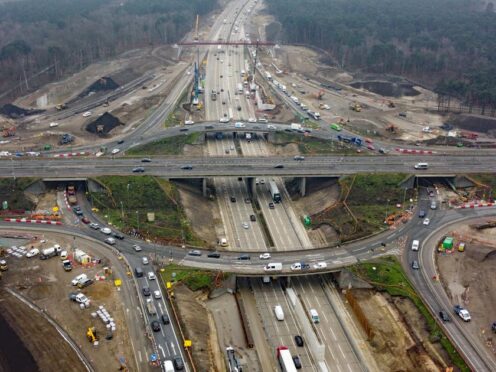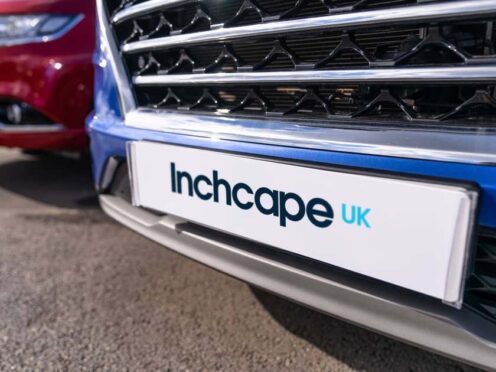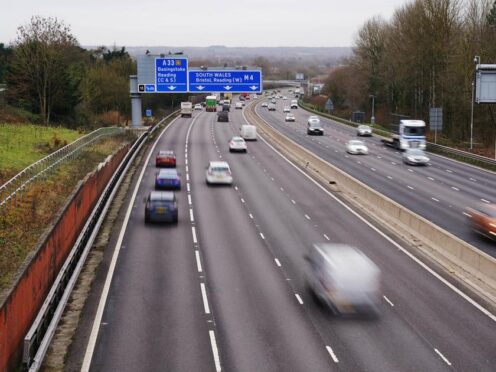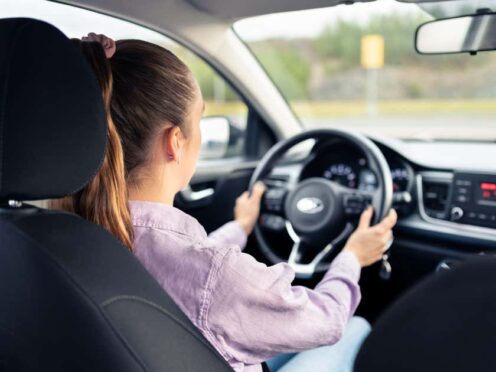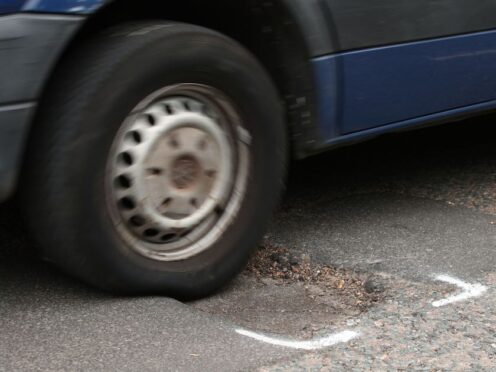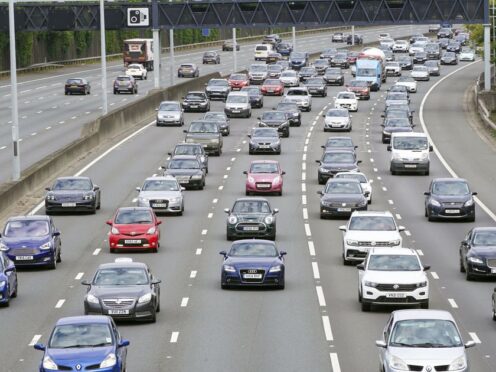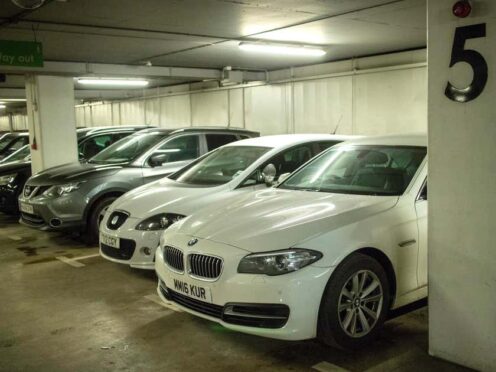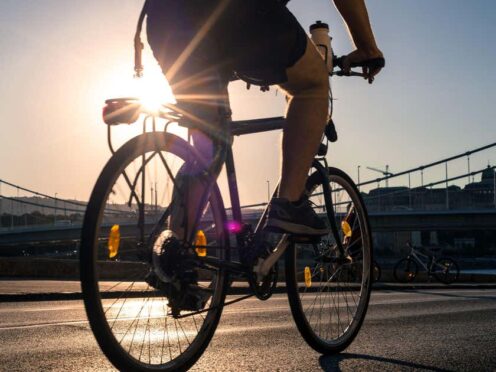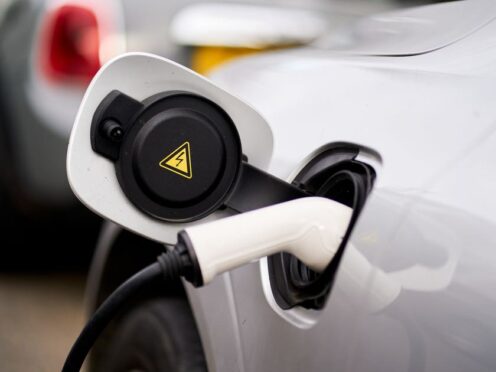The end of lockdown has seen many young drivers-to-be restart driving lessons – much to the relief of parents nationwide.
A recent survey revealed that over half of parents with teenagers learning to drive said they would happily pay half their driving fees to avoid having to take them out on the road again.
The team at Bill Plant Driving School undertook the survey of almost 2,100 UK parents of teenagers who had started driving lessons before the first lockdown.
Parents would happily split the cost of driving lessons with their teenager 50/50 if it meant they didn’t have to take them on a lesson ever again.
Almost three quarters of UK parents (72 per cent) with teenagers who began driving lessons before Covid had taken their teenagers out for driving experience during lockdown, with the average teenager convincing parents to take them out in the family car six times
However, 58 per cent of parents would happily split the cost of driving lessons with their teenager 50/50 if it meant they didn’t have to take them on a lesson ever again.
Worrying about possible vehicle damage (67 per cent), not having enough patience (51 per cent), and having instructions ignored (45 per cent) were cited as top reasons many parents are keen not to revisit their teenagers’ driving.
Additional research showed parents were unwilling to take their children out driving due to lack of certainty about the rules and concerns that they would pass on poor driving habits.
The survey showed 66 per cent of parents revealed they had bad driving habits.
The survey showed that 66 per cent of parents revealed they had bad driving habits that included:
Not checking mirrors often enough – 71 per cent
Road rage – 63 per cent
Speeding – 45 per cent
Tailgating – 38 per cent
Making decisions last minute – 35 per cent
Peter Brabin of Bill Plant said: “Helping your own children to expand their skillset and confidence on the road can be a tricky and trying experience for many parents, but sadly it doesn’t always go to plan.”
